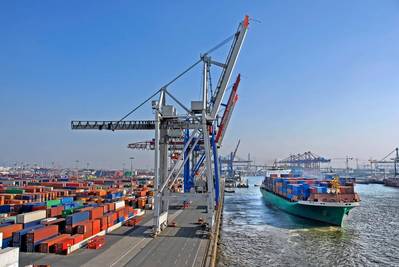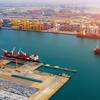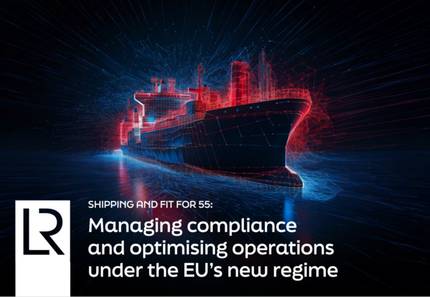Methanol Institute and SEA-LNG Unite Against EU Trade Barriers
The Methanol Institute (MI) and SEA-LNG, key representatives of the methanol and LNG industries respectively, have expressed their deep concerns following the recent announcement by the European Commission impacting the trade of biomethane and biomethane-based biofuels such as biomethanol.
The Commission has noted the intention to exclude the automatic certification of biomethane and biomethanol-based fuels produced through mass balance chain of custody in third-party countries outside the EU gas grids within the Union Database (UDB), an IT system to trace the sustainability and origin of renewable fuels place into service in the European market.
This exclusion will severely limit the use of these critical fuels in decarbonizing intra-European and international maritime transport even if these fuels were produced in accordance with EU regulations under the Renewable Energy Directive (RED), say the organizations.
They are particularly concerned about the potential impacts of these measures on competitiveness and international trade dynamics. If this materializes, it will create a trade barrier that threatens to impede the importation of biomethane and biomethanol into the European Union, limiting the availability and increasing the costs of these fuels to the bunkering industry in Europe.
Furthermore, it may also disqualify such fuels produced using a mass balance chain of custody from non-EU gas grids, when bunkered in non-European ports for use by vessels calling at European ports from being recognized under the Renewable Energy Directive (RED). Consequently, these fuels may not be able to generate credits under EU ETS and FuelEU Maritime.
In response to these challenges, MI and SEA-LNG call for the recognition of biomethane and biomethanol-based fuels produced using a mass balance chain of custody from non-EU gas grids under the UDB. The organizations propose an urgent meeting between our representatives and those of the European Commission to discuss necessary amendments to ensure a sustainable and competitive energy future for the European maritime sector.












